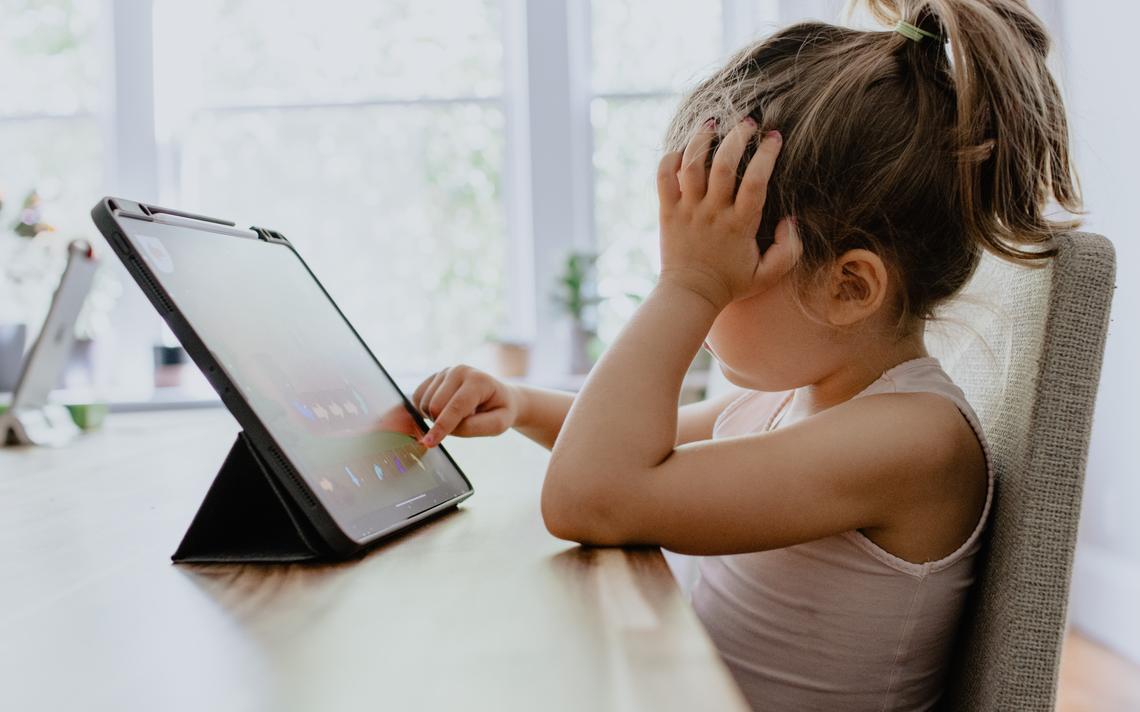At the University of Birmingham, a recent poll was carried out demonstrating that more than 70 percent of parents were concerned about the mental health implications associated with their child’s use of the internet during the COVID-19 pandemic.
The survey they conducted included more than 1,500 parents of children in adolescence, all residing in the United Kingdom.
The survey showed that while few parents were concerned about limited internet access, the direst concern was that children may be exposed to specific content on the internet such as access to certain information on news stories marked as hateful or violent.
Moreover, a substantial number of parents from the study had a level of distrust with social media and other tech companies in self-regulating the digital landscape. Instead, they believed the government should be the gatekeepers of what goes on in cyberspace.
“In many ways, the Internet has been the unsung hero of the pandemic. It has helped many teachers and parents to continue to provide an education for their children when many pupils were learning remotely,” said Tom Harrison, co-author of the findings, in a news release.
“At the same time, the Internet also has a darker side. That parents worry about balancing the opportunities and risks of being online is clear in the results. Parents understand that teachers, governments, tech companies, as well as parents themselves, have a responsibility to help their children develop character and wisdom that will make it more likely that they will flourish online,” Harrison implied.


